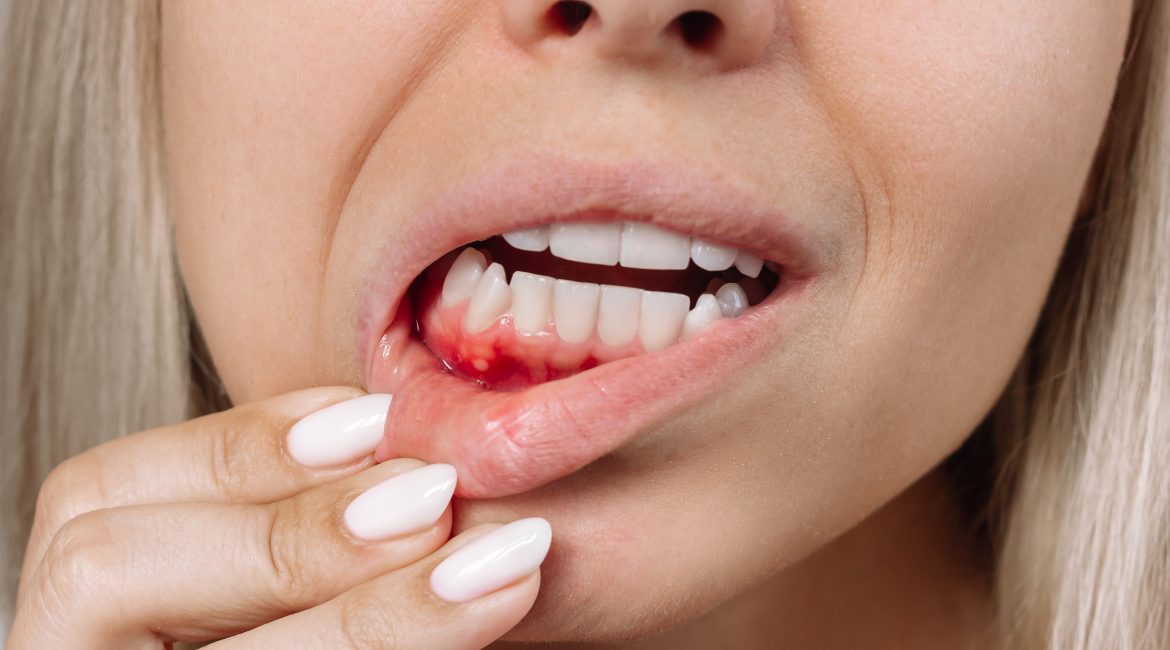Gum disease, also known as periodontal disease, is a common yet preventable condition that affects the gums and supporting structures of the teeth. Without proper care and treatment, gum disease can lead to serious oral health issues, including tooth loss and bone deterioration. Fortunately, with proactive periodontal care, you can effectively prevent gum disease and maintain healthy gums and teeth for a lifetime. In this blog, we’ll explore the importance of periodontal care in Vienna, VA, and share tips for preventing gum disease effectively.
Understanding Gum Disease
Gum disease begins as gingivitis, which is characterized by inflammation and bleeding of the gums. If left untreated, gingivitis can progress to periodontitis, a more advanced stage of gum disease that involves irreversible damage to the supporting structures of the teeth, including the gums, bone, and ligaments.
Common signs and symptoms of gum disease include:
Red, swollen, or tender gums
Bleeding gums, especially when brushing or flossing
Persistent bad breath
Receding gums
Loose or shifting teeth
Changes in the fit of dentures or dental appliances
Importance of Periodontal Care
Periodontal care is essential for preventing and managing gum disease and maintaining optimal oral health. Regular dental check-ups and professional cleanings play a crucial role in removing plaque and tartar buildup from the teeth and gums, reducing the risk of gum disease and other oral health issues.
Additionally, practicing good oral hygiene habits at home, such as brushing twice daily, flossing daily, and using an antiseptic mouthwash, can help remove plaque and bacteria from the mouth and prevent the onset of gum disease.
Preventive Measures for Gum Disease
Brushing and Flossing: Brush your teeth twice daily with fluoride toothpaste and floss between your teeth at least once a day to remove plaque and bacteria from hard-to-reach areas.
Regular Dental Check-ups: Schedule routine dental check-ups and cleanings with your dentist every six months or as recommended to monitor your oral health and detect any signs of gum disease early on.
Healthy Diet: Eat a balanced diet rich in fruits, vegetables, lean proteins, and whole grains, and limit sugary snacks and beverages, which can contribute to plaque buildup and gum disease.
Avoid Tobacco Use: Smoking and tobacco use are significant risk factors for gum disease and can impair the body’s ability to heal and fight off infections. Quitting smoking can significantly reduce your risk of developing gum disease and improve your overall health.
Stress Management: Chronic stress can weaken the immune system and increase inflammation in the body, including the gums. Practice stress-reduction techniques such as meditation, deep breathing exercises, or yoga to help keep stress levels in check and promote gum health.
Professional Dental Care: In addition to routine dental check-ups, consider scheduling regular appointments with a periodontist, a dental specialist trained in the diagnosis and treatment of gum disease. A periodontist can provide specialized care and treatments to address gum disease and prevent its progression.
Conclusion
Periodontal care is essential for maintaining healthy gums and preventing gum disease, a common yet preventable oral health condition. By practicing good oral hygiene habits, scheduling regular dental check-ups, and seeking professional dental care when needed, you can effectively prevent gum disease and preserve your smile for years to come.

